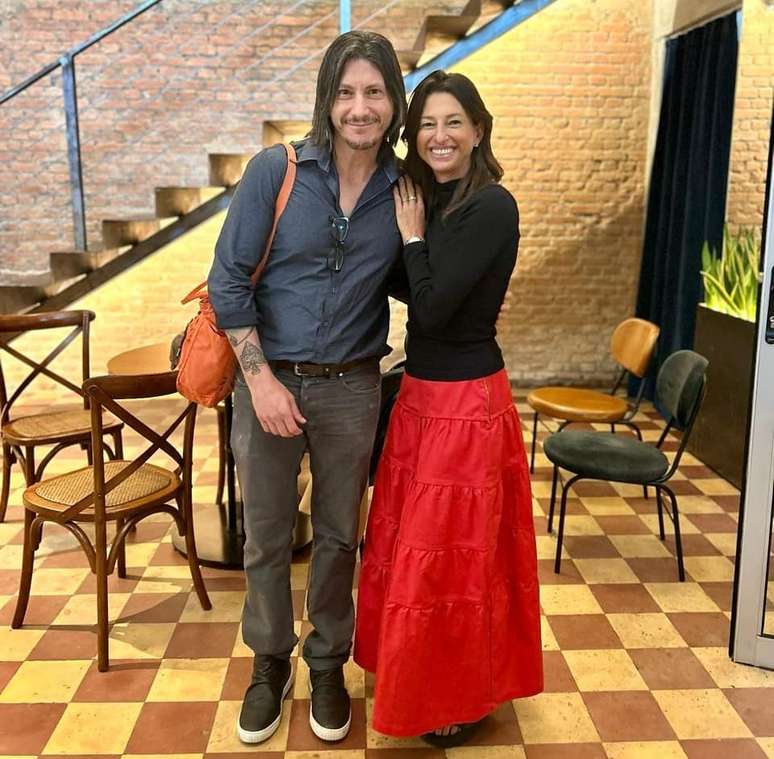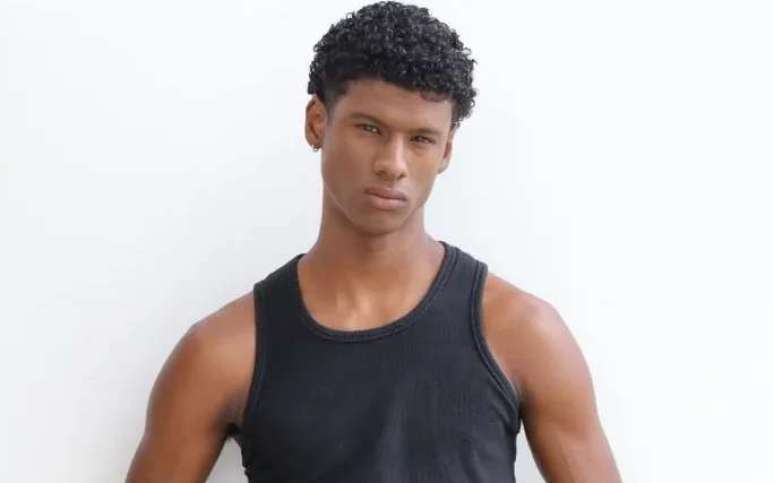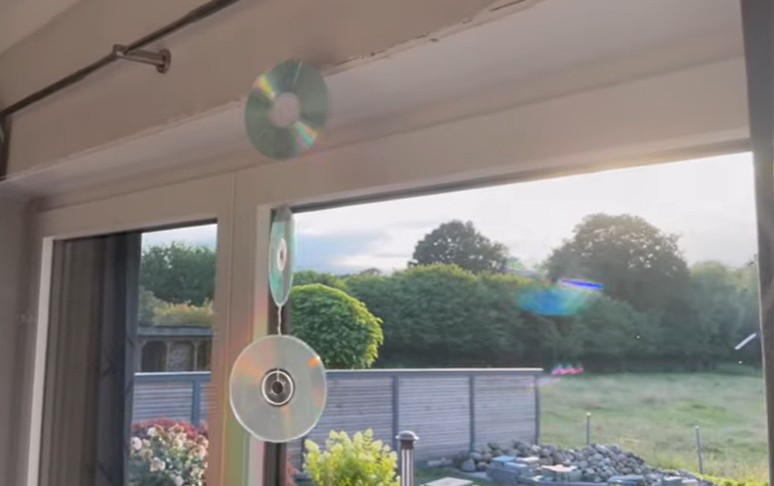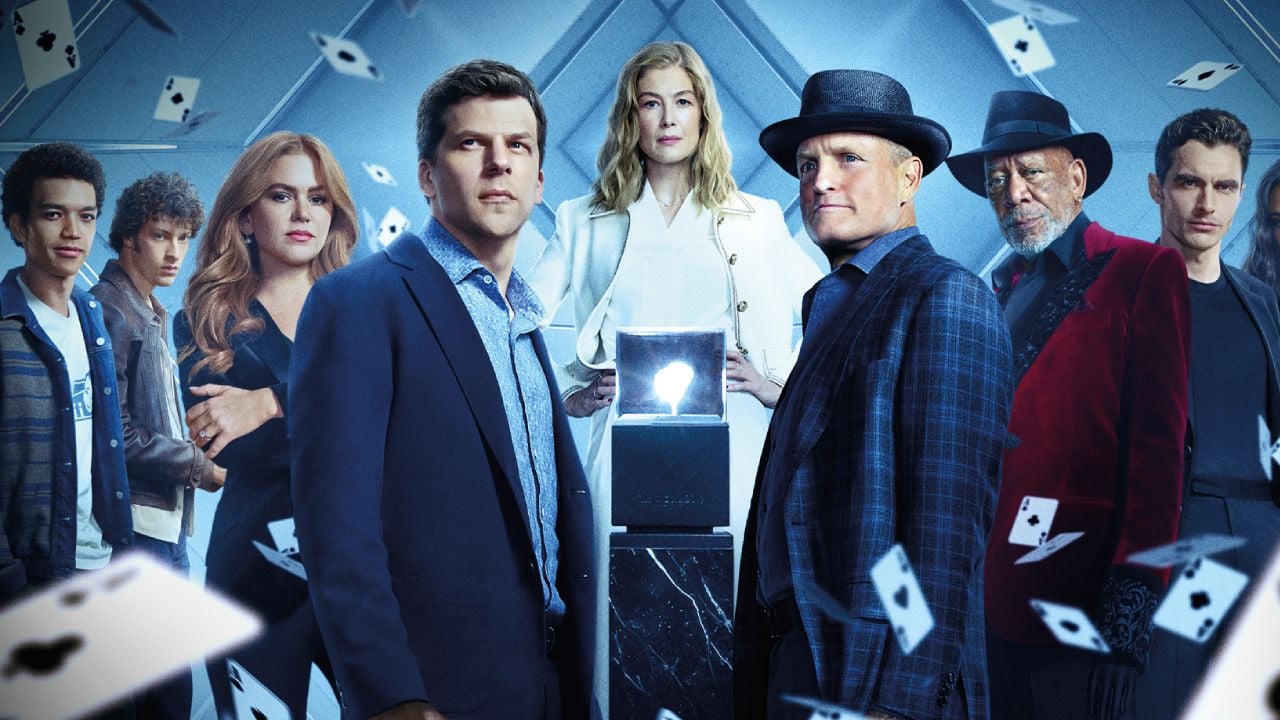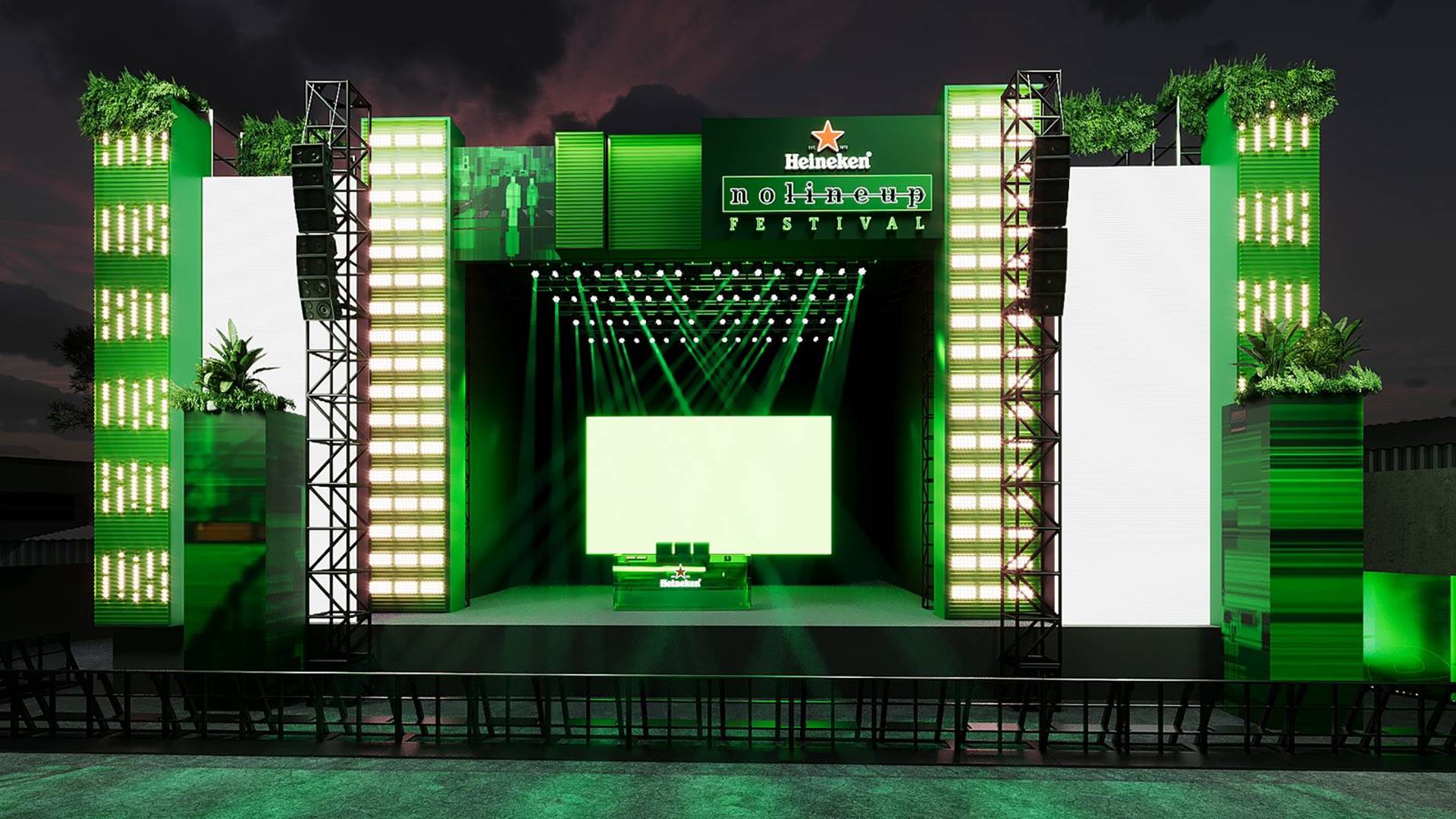Research developed by Unifesp shows that mixing drinks can increase the possibility of “binge drinking”
Consumption of spirits mixed with energy drinks increases the chances of “binge drinking”, ie when you drink a lot in a short period of time, which can lead to more cases of alcohol dependence. alcohol. This is what the search performed by Department of Psychobiology at the Federal University of São Paulo (Unifesp), which is under review and will be submitted for publication next month. According to unpublished data from the study, binge drinking episodes occurred three times more often with those who frequently mixed with energy drinks.
The practice corresponds to a consumption of at least 60 g of pure alcohol in a maximum period of 2 hours. Considering the variables, this equates to five or six shots of alcohol, according to the definition of the World Health Organization (WHO), which takes 10 g of pure ethanol as the standard dose. In the case of distillates, such as vodka and gin, the doses would be around 45 ml, taking into account that these drinks have an alcohol content of around 40%.
More than 800 young people, mostly aged between 18 and 25, were consulted for the Unifesp survey in an online survey. Respondents answered questions such as why they formed a habit of drinking alcoholic beverages combined with energy drinks. More than half said they preferred the blend for the energy drink taste, which neutralizes the strong flavor of the distillate; 21.6% responded that they liked the combination because it reduces the drowsiness effect of alcohol and another 13% reported that they had adopted the practice of drinking more alcohol.
According to Maria Lúcia Oliveira de Souza Formigoni, professor at the Department of Psychobiology of Unifesp who is leading the work, by mixing people the stimulating effects of alcohol are perceived longer. “Alcoholic drinks have a biphasic effect. The first phase is a feeling of stimulation, euphoria. The second moment has a more depressing effect. The energy drink masks this feeling of sleep, and the individual becomes alert,” says the researcher, who has a PhD in Pharmacology and coordinates the Drug Addiction Unit of the Paulista School of Medicine. This causes people to have the false impression that they are not that drunk and think they are in a position to drink even more.
Source: Terra
Ben Stock is a lifestyle journalist and author at Gossipify. He writes about topics such as health, wellness, travel, food and home decor. He provides practical advice and inspiration to improve well-being, keeps readers up to date with latest lifestyle news and trends, known for his engaging writing style, in-depth analysis and unique perspectives.


